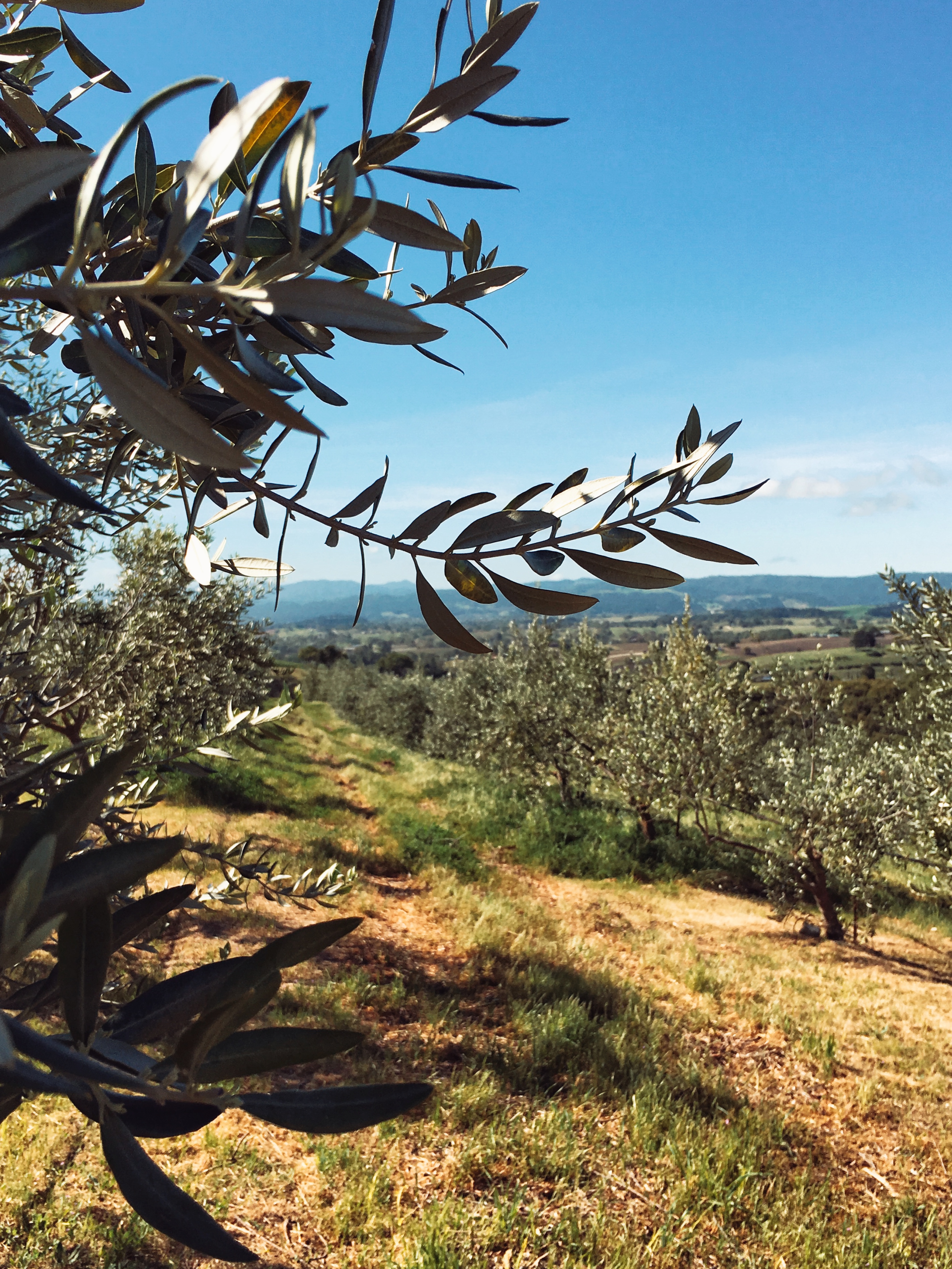
Weekend Reads is a weekly-ish series of new and old articles I’ve enjoyed reading around the web about travel, food, and wellness. For more brain snacks, read past Weekend Reads posts.
While researching a possible story about Reiki, the ancient Japanese practice of healing touch, I skirted down many adjacent rabbit holes reading the following stories. While it took me off my research track for a bit, maybe I wasn’t that far off.
The Law of Least Effort
“Conventional wisdom tells you not to give up—ever, no matter what. But people tell you all the time that good things tend to happen when you stop trying so hard to make them happen.” I’ve heard this piece of advice in many ways and by different people within my circle and not, and lately, it has helped to keep me motivated as I attempt to create a sustainable career out of this freelance writing thing. This entire article, published on Medium*, is packed with insights, and will challenge you to define for yourself the difference between giving up and persevering. As the author writes, “The law of least effort is more than a productivity hack.”
Forest Bathing and Mindfulness
At women’s health and lifestyle magazine Self, one writer pens her personal experience of Shinrin-yoku, otherwise known as forest bathing. Like Reiki** (healing touch, to be super brief), the Japanese practice connected to ancient Shinto and Buddhist practices has only recently entered the Western wellness psyche. By my interpretation, it’s rooted in mindfulness and exploring nature with all of the senses, which is supposed to be good for our wellbeing. Maybe you’re aware that nature’s benefits have been scientifically backed, which isn’t particularly groundbreaking in my opinion (or maybe, if you haven’t been exposed to the outdoors much?)
For instance, haven’t we all at some point felt stuck or anxious and thought, “I just need to get some fresh air,” or, “I need to take a walk,”? So you do, and you feel much better afterward? These days, I’ve been ultra-receptive to practices, products, and activities that help me break away from my computer or iPhone to recalibrate my perspective, and even pause to eat something (believe it or not, it is possible for this food writer to forget when I’m jamming away on an assignment, or furiously chasing after one.) Whether or not the cold, hard science is there, I’m immediately intrigued if I read about credible, emerging science sounds promising. That said, it’s interesting to read how others approach similar novelties with a discerning eye.
Can Napping Be Bad For You?
Over on Quartzy, global business publication Quartz’s lifestyle site, five experts weigh in on the pros and cons of napping during the day. Spoiler: most experts say an afternoon nap is a good idea, to an extent. For example, while napping does help improve alertness, mood, and memory, napping it out does not make up for an overall sleep poor hygiene. Read on for the full expert breakdown, including why one expert says you don’t need a daytime nap.

Not quite a forest, but I wouldn’t mind wandering through this olive grove for some R&R.
Photo: Kiler Ridge Farms, Paso Robles, California
*I’m published on Medium too. Read my beginner’s guide to visiting an art museum, or as I like to call it, creative stimulation.
**To be clear, Reiki was developed in the 1920s (compared to Shinrin-yoku, which the Japanese government designated “a thing” in the 1980s). And according to the International Association of Reiki Professionals, the practice was not meant to be affiliated with any one religion.
Connect with The Curious Passport
- Keep up with my real-time travels and eats from San Diego and beyond on Instagram
- Join me on Facebook
- Support my immersive, sensorial travel and food journalism: send me a coffee!

[…] the curious passport by Ligaya Malones « On Napping, Forest Bathing, and The Law of Least Effort […]
LikeLike